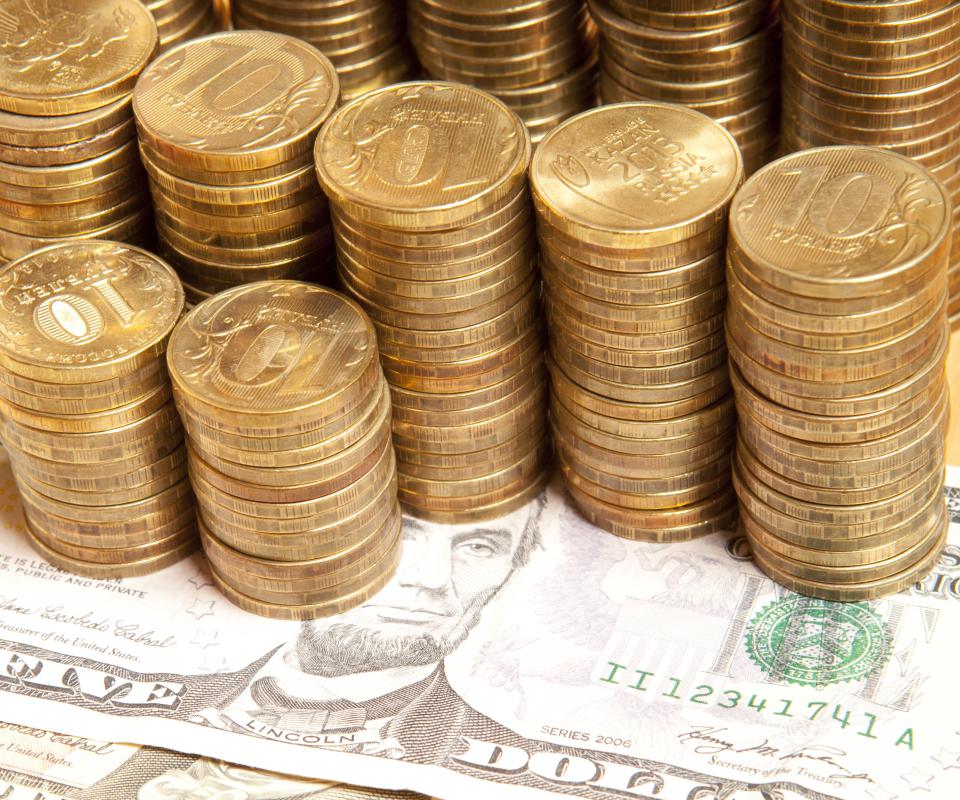What Is Legal Tender?
Legal tender is anything recognized by law as a means to settle a public or private debt or meet a financial obligation, including tax payments, contracts, and legal fines or damages. The national currency is legal tender in practically every country. A creditor is legally obligated to accept legal tender toward debt repayment.

KEY TAKEAWAYS
- Legal tender is the legally recognized money within a given political jurisdiction.
- Legal tender laws effectively prevent using anything other than the current legal tender as money in the economy.
- Legal tender serves the economic functions of money plus a few additional functions, such as making monetary policy and currency manipulation possible.
Understanding Legal Tender
Legal tender is established by a statute that specifies the thing to be used as legal tender and the institution authorized to produce and issue it to the public, such as the U.S. Treasury in the United States and the Royal Canadian Mint in Canada.
In the U.S., the recognized legal tender consists of Federal Reserve notes and coins. Creditors are required to accept them as payment offered to discharge a debt; however, except where prohibited by state law, private businesses may refuse to receive some or all forms of cash tender provided that a transaction has not already occurred and the customer has not incurred debt.
By default (and design), legal tender laws prevent the widespread adoption of anything other than the current legal tender as money in the economy. A check, or a credit swipe, is not legal tender; it functions as a money substitute and merely represents a means by which the check holder can eventually receive legal tender for the debt.
Cryptocurrencies are not generally accepted as money mainly because they lack legal tender status. However, El Salvador became the first country in the world to accept bitcoin as a legal tender in June 2021.
In May 2013, the governor of Arizona vetoed a bill that would have made gold and silver coins legal tender in the state, in addition to existing U.S. currency.
Special Considerations
Some currencies, such as the U.S. dollar and Euro, are used as legal tender in countries that either does not issue their own or have found the stable dollar preferable to their currency. For example, Ecuador adopted the U.S. dollar as legal tender in 2000 after the Ecuadorian-issued currency, the sucre, depreciated rapidly such that $1 was worth 25,000 sucres.

Adopting the U.S. dollar as the primary legal tender is colloquially known as “dollarization,” although the practice generally is called currency substitution.
In general, legal tender can be in two fundamental forms. A government can ratify market-determined commodity money, such as gold, to be legal tender and agree to accept tax payments and enforce contracts denominated in that commodity. Alternatively, a government can declare an adulterated commodity or valueless token to be legal tender, taking on the characteristics of a fiat currency.
Economic Function of Legal Tender
Legal tender serves several purposes. By default, it is used by market participants to fulfill the functions of money in the economy: a medium of indirect exchange, a unit of account, a store of value, and a standard of deferred payment.
Proponents of legal tender laws argue that markets generally fail to produce the optimal type, quality, and quantity of money and that legal tender enhances the usefulness of money as a means to reduce transaction costs. Specifically, having a legal tender can allow flexibility in the money supply, and a single currency can eliminate the transaction costs associated with multiple competing currencies. The imposition of legal tender is one way to achieve a single currency.
Legal tender also makes monetary policy possible. From the point of view of the issuer, legal tender allows the manipulation, debasement, and devaluation of the currency by the issuer to obtain seigniorage. It facilitates the issuance of fiduciary media by the banking system to meet trade needs.
In the absence of legal tender laws, Gresham’s Law would make monetary policy, seigniorage, currency manipulation, and fiduciary media issuance much more difficult, as good money tend to drive out bad money in that case.
Cryptocurrency and Legal Tender
The popularity of cross-border and online shopping is increasing the demand for more forms of money, such as popular cryptocurrency alternatives like Bitcoin, to be recognized as legal tender. However, given official objection to such choices except in a few minor cases, these may still be some years away, and they do not represent legal tender in the U.S. or most other countries.

Note:
El Salvador keeps shifting their national currency but became the first country (in June 2021) to accept Bitcoin (BTC) as a legal tender.
Many online services accept cryptocurrencies, and this practice is perfectly legal. Due to their status as unofficial competitors to legal tender, cryptocurrencies are mostly limited to use in gray and black market activity or as speculative investments.
However, there are a few exceptions. In 2018, facing devastating hyperinflation, Venezuelan President Nicolas Madura ordered all federal institutions to accept a new electronic currency, the petro, as a legal tender.
The Venezuelan petro is controlled centrally by the Venezuelan government, based on their estimation of the value of their natural resources. The petro was claimed to be backed by Venezuela’s natural gas, mineral, and oil reserves. Venezuela’s experiment with the petro has not made much progress, but the petro does not generally circulate as money despite its legal tender status.
The tiny Republic of the Marshall Islands (RMI) also announced that it would adopt a new sovereign cryptocurrency as legal tender. The sovereign will be pegged to an existing, decentralized peer-to-peer cryptocurrency market. Currently, the U.S. dollar functions as money and legal tender in the RMI and will continue to do so alongside the new legal tender when the government begins issuing sovereigns.
